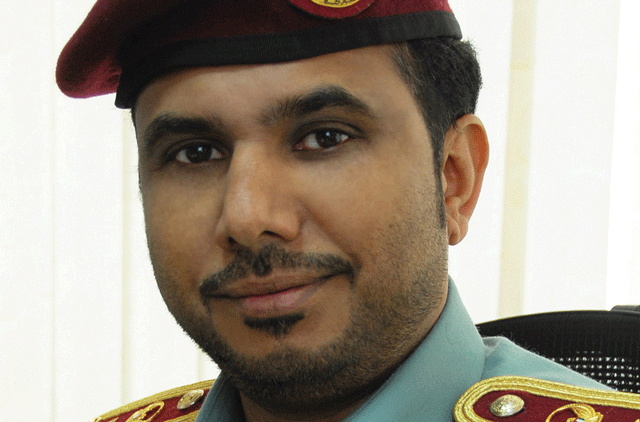Abu Dhabi: The number of people spreading misleading information or rumours in the UAE increased in recent years with more residents having quick access to digital social media platforms and high-tech gadgets like smartphones to pass on false data.
While the UAE government respects every individual’s right to freedom of speech, people found disseminating misleading information that create public panic, thereby, disrupting normal daily activities, will be prosecuted in accordance with the laws of the land.
According to 999 Magazine, the official English monthly of the Ministry of Interior, spreading rumours against an individual/entity or about a public concern poses real safety threat and is strongly discouraged by UAE authorities.
People spreading false information on the internet should be aware that such act is considered a criminal offense under the UAE laws, especially if it causes public panic, the magazine reported in the May 2014 issue.
Article 29 of the Federal Legal Decree No. 5 for 2012 states those proven guilty face imprisonment and a civil fine not exceeding Dh1 million.
The report highlights how much damage irresponsible dissemination of misleading information can do.
Combating fear psychosis
The UAE, which has the highest rates of smartphone penetration and internet connectivity in the world, has made residents more vulnerable to a new fear psychosis based on social media rumours.
According to doctors, social media experts and psychologists in an exclusive report in the 999 Magazine, the seemingly harmless action of a tweet, a re-tweet or a post to spread gossip and rumours can negatively affect society as a whole with children and youth, often, the worst affected.
The re-emergence of Middle East Respiratory Syndrome Coronavirus or MERS is the latest ‘trend’ driving social media rumour in the UAE today.
Despite reassuring statements from the UAE Ministry of Health (MoH) and Health Authority Abu Dhabi (Haad), some have responded exactly as the rumour-mongers had expected.
The 999 report says the rapid spread of information or misinformation in social media is due to the fact that information is shared by someone you know, like or intentionally follow. And because the internet penetration is much higher now than in recent years, identifying facts from rumours became more difficult.
Lt Colonel Awadh Saleh Al Kindi, Editor-in-Chief of 999, said: “There have been cases in the past where residents caught using social media to spread malicious rumours faced jail term or fine, or both. The UAE authorities will seriously deal with false news spread via social media harming UAE society.
“While in the past spreading of information happens through word of mouth, the massive power and influence of social media has changed the communication landscape and a misuse of social media can virtually spread mass fear in a click of a button.
"We encourage UAE residents to educate themselves first and verify any information that they receive. To safeguard the country’s safety and security, the UAE has put in place strict laws, which include criminal charges and/or fines for damaging social peace and public order. These laws are deterrent in spreading rumours or false information on social media and the internet.”
The 999 English Magazine is part of the strategic plan of the Ministry of Interior to provide media coverage for the activities and efforts of the Ministry and Abu Dhabi Police. It also aims to encourage the public to contribute to reduce crime and enhance safety in the UAE.













